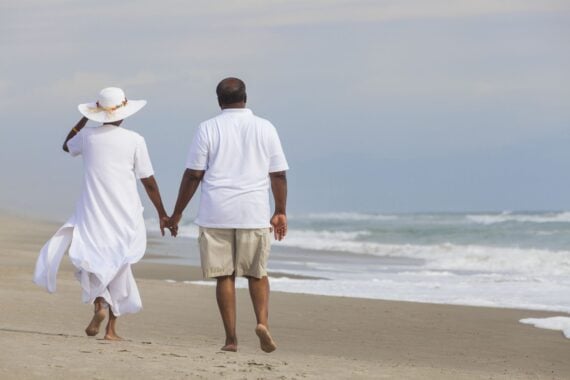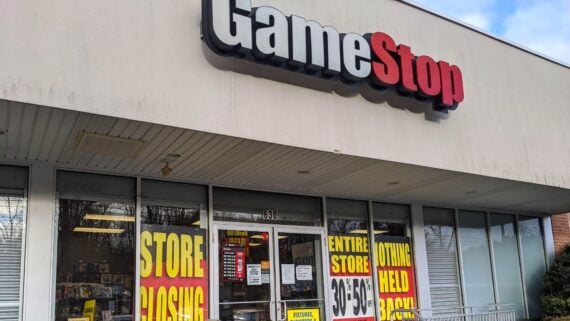It’s a tantalizing option for retirement if you can afford it: Buy a house in a warm-weather state and split your days between a vacation home and your permanent house. (The term “snowbird” has been used to describe some version of this migration since the early 1900s.) It can be a viable way to wind down in the dusk of your life, but beware the financial, social, and medical consequences you’ll likely have to navigate. Here are reasons to think twice before taking the plunge for a second house.
Hidden Costs Add Up
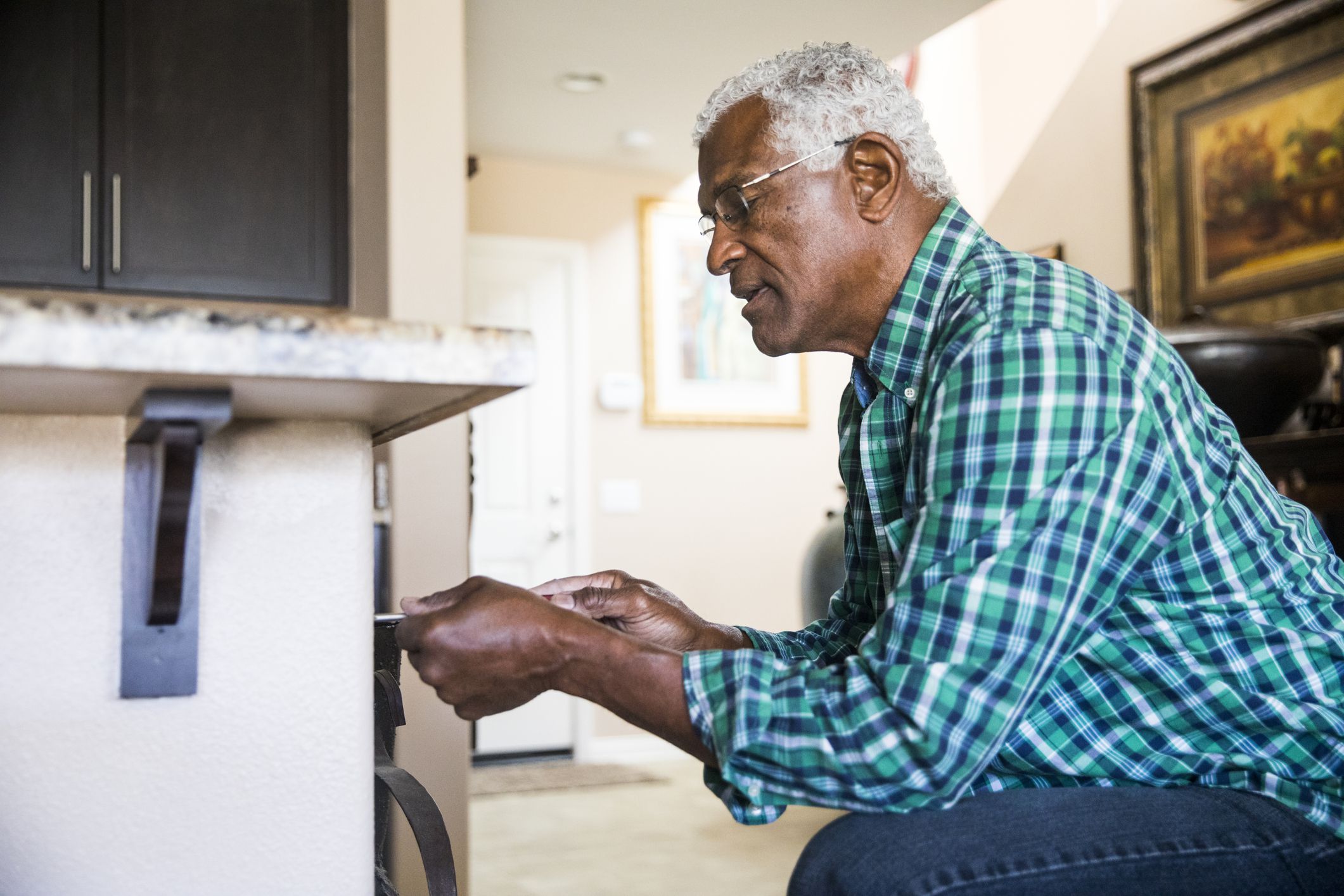
It can be expensive and unwieldy to own two houses. Even people who are well-positioned financially to take on a property tax bill or homeowners association fees can be weighed down by additional expenses. There are hidden costs that have to be accounted for, such as summer maintenance on landscaping or a swimming pool you leave behind, and possibly a second set of income taxes. You’ll also have to furnish, equip, and decorate that second home.
Related: The Hidden Costs of Relocating for Retirement
Being a Landlord Is a Burden
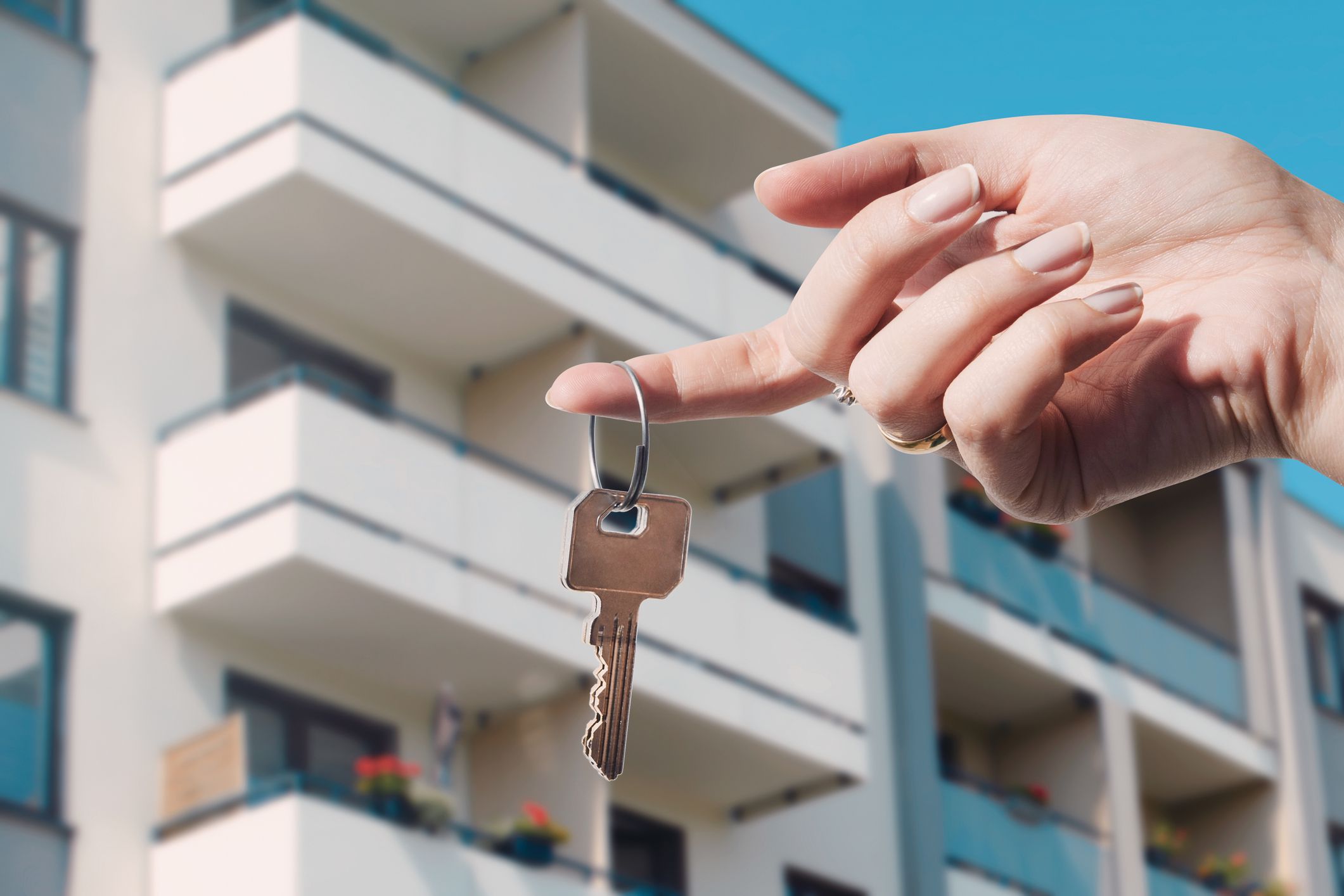
In the offseason, it can be tempting to rent out your second home, but it adds a whole level of complexity to time you’re supposed to be enjoying as a retiree. As a landlord, you’ll have to be hypervigilant about maintenance and repairs and possibly work with a management company. You don’t want to set yourself up to rely on the monthly income from a renter to pay a second mortgage, either, because there could be stretches when the home is vacant.
Related: Tips For Turning Your House Into a Rental Property
Popular Spots Are Expensive
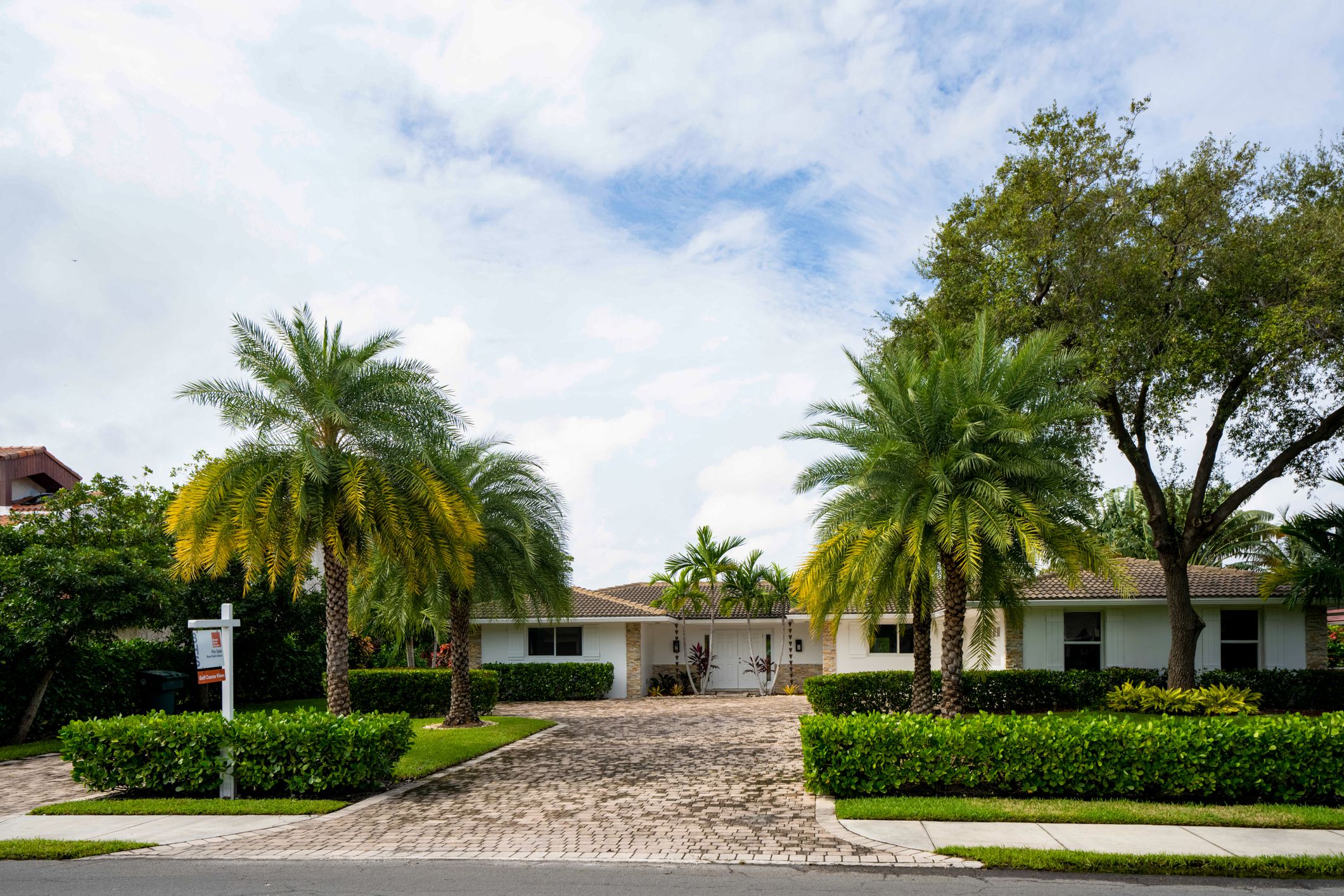
Depending where you buy, housing costs vary dramatically. In Boca Raton, Florida, retirees need a nest egg of more than $1 million to live there permanently, according to financial analysts. Making this type of financial commitment for a second home isn’t for the faint of heart. (Retiring in Jacksonville is about half the cost of Boca Raton and Orlando is about 70%.)
For more great retirement stories, please sign up for our free newsletters.
Family May Not Follow …

Retirees often buy a second home as a place they can host special occasions and holidays, enticing family members with the prospect of warm-weather getaways. The truth is, you’ll likely have to develop a new social network and adjust to a new routine. Unless the house is near your kids, it’s unlikely that a busy family will be able to get to your new place often, or all at once.
Related: 30 Things Every Retiree Should Get Rid Of
… or You May Get Nonstop Visitors
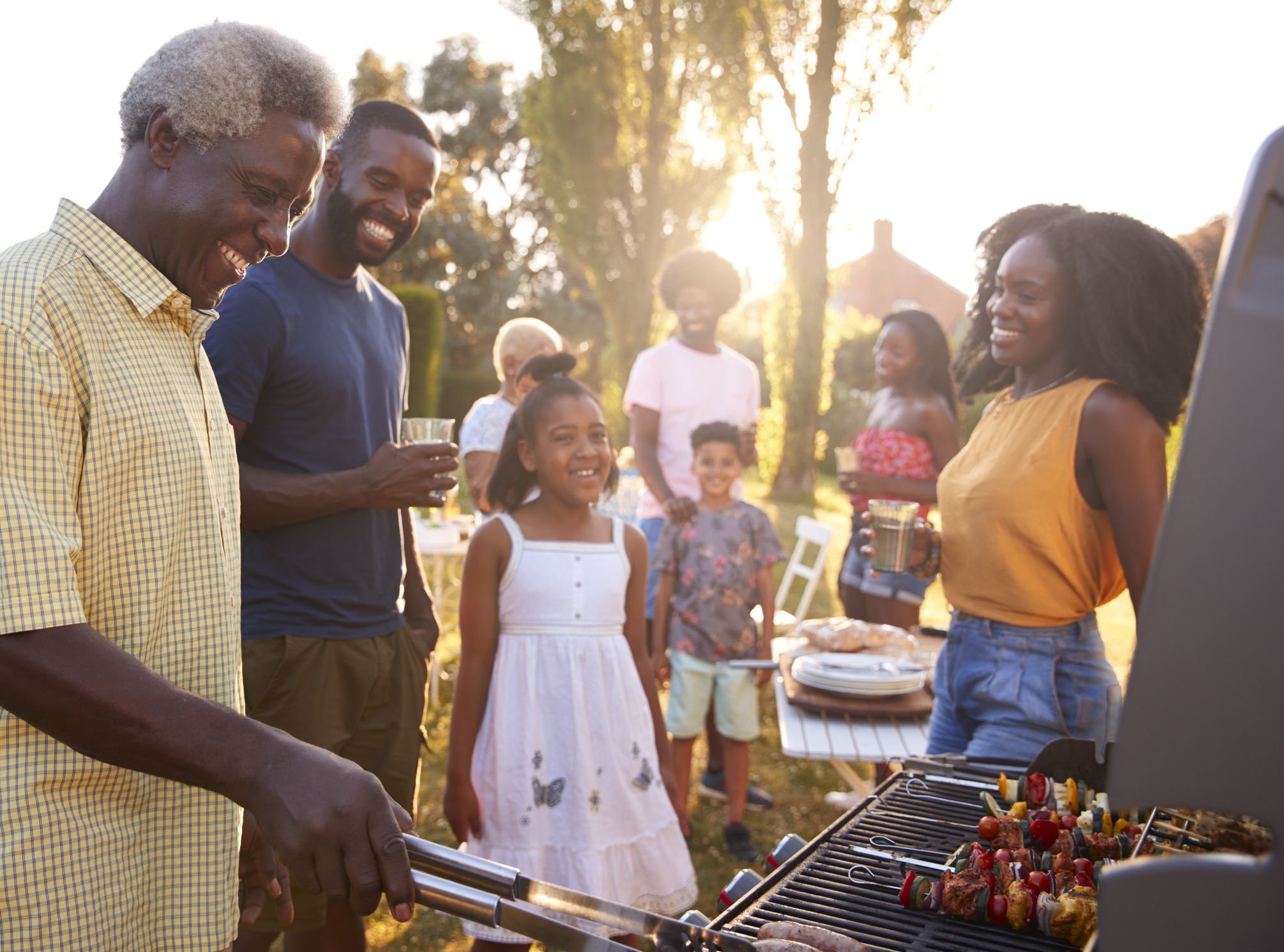
Retirees can also be overwhelmed by visiting family and friends when they settle into a new home in a desirable locale. That’s fine for some, but a second home can come to feel less like a respite and more like entertainment central, with a lot of pressure to be good hosts and the financial pressures that go with it.
Trending on Cheapism
It Complicates Health Care
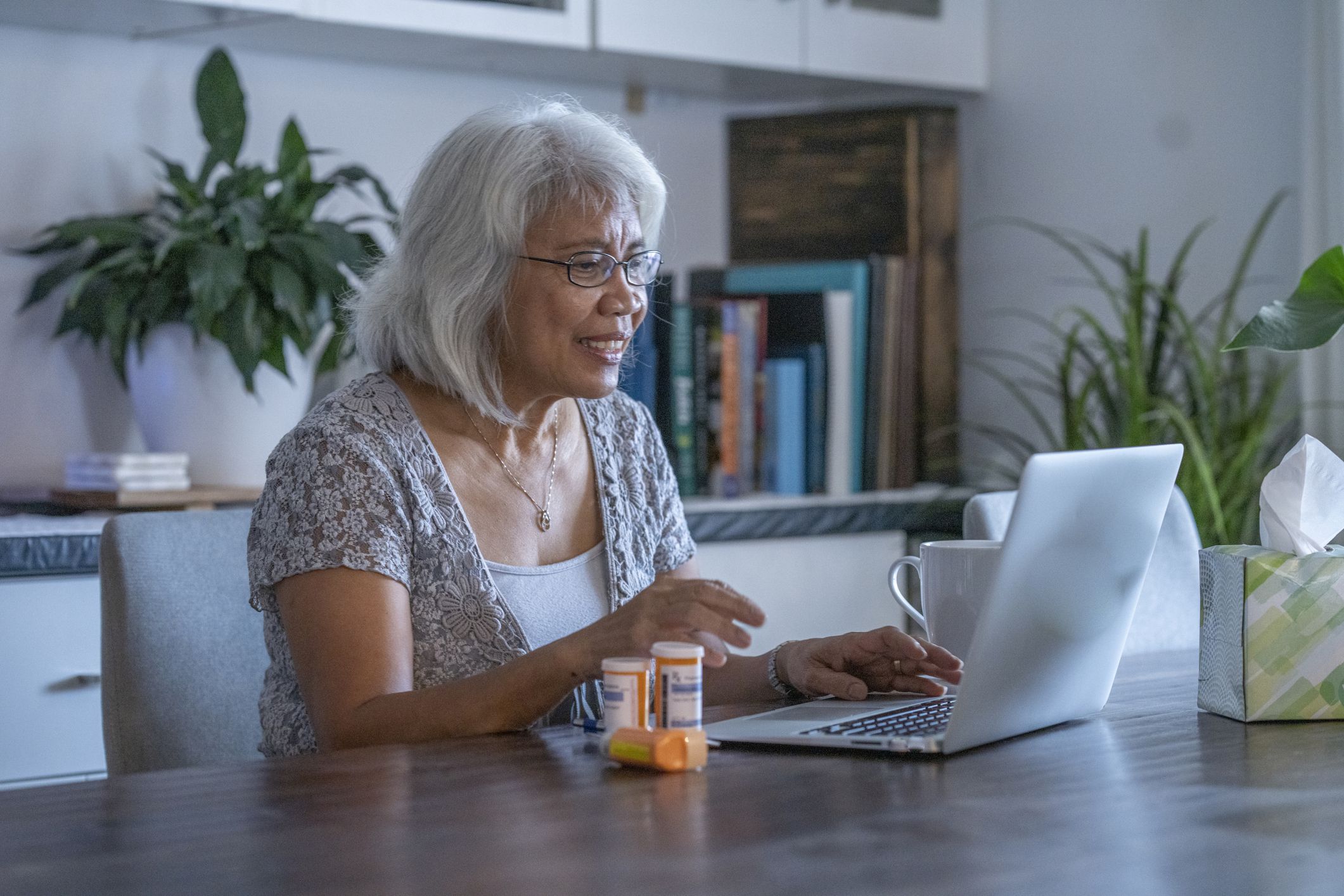
Health care is a concern for many retirees. Leaving your main health care provider behind for the winter months can be risky, especially with U.S. health insurance being so complicated. How important is it to be near your primary care doctor or a specific specialist? Do you have a condition that needs to be treated regularly? Having the right medical care in place can be critical.
Housing Is an Unpredictable Investment

Home values are subject to the whims of the market and geography. The National Association of Realtors predicts that housing prices will appreciate 5.7% this month alone, but that figure varies depending what slice of the market your house falls into. It can be hard to find a good investment in an unfamiliar area, and you never know when the market could tank.
Quality of Life May Suffer

A house in a rural area or resort town may seem like a great break from a city and a peaceful place to spend retirement, but what if the closest grocery store — and everything else — is a long drive away? Some changes in lifestyle won’t make sense for many people.
Related: RV Retirement Spots for Snowbirds
Sign up for our newsletter
Neighbors Might Resent Part-Timers
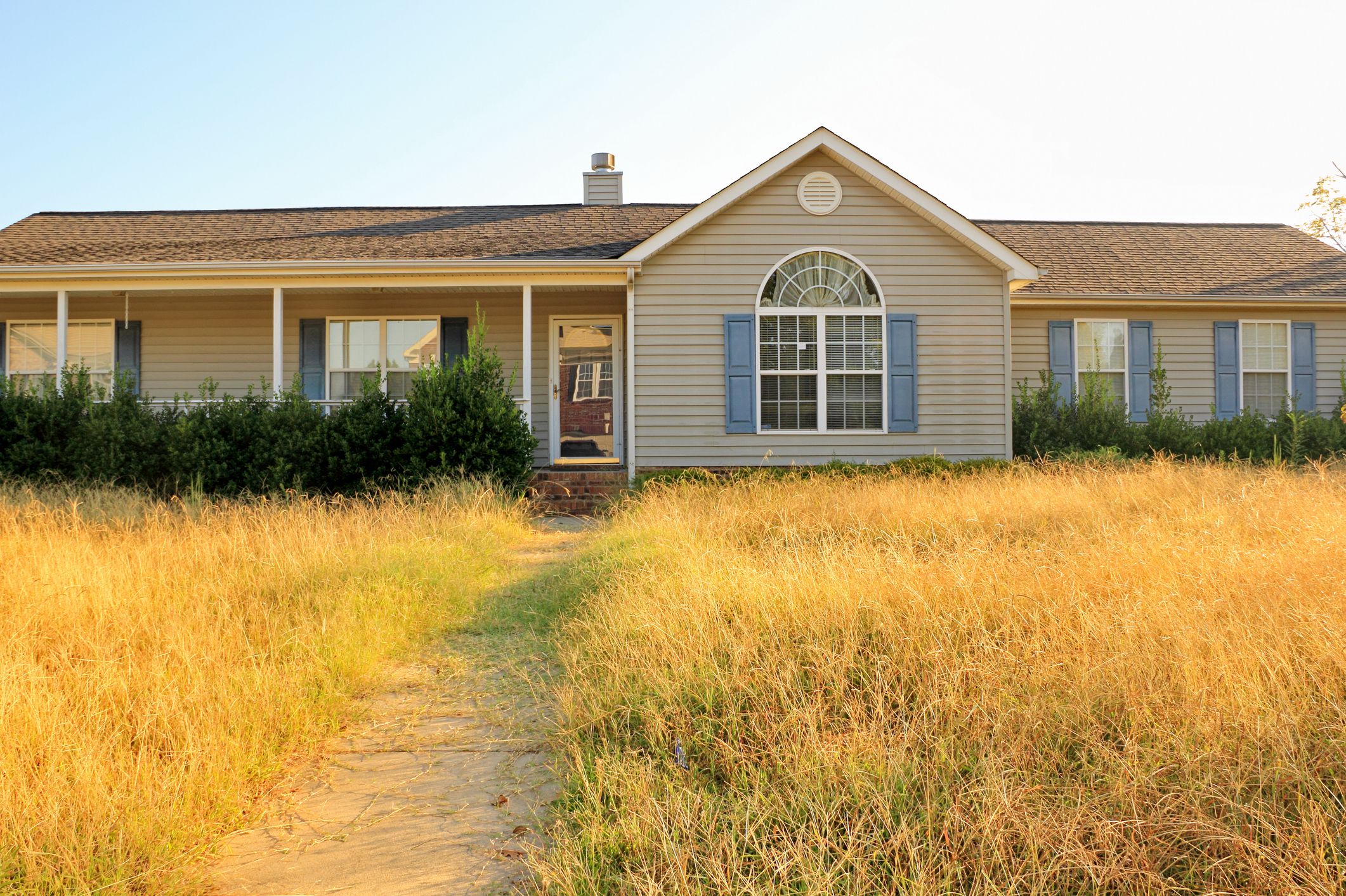
Second homes have been found to drive up prices and make neighborhoods less affordable for middle-income families. Part-time homeowners tend to be less conscientious about taking care of their properties when they aren’t there, and their homes are dark and silent for half the year. That makes the area less desirable for committed homeowners.
The Second Home May Be a Lemon
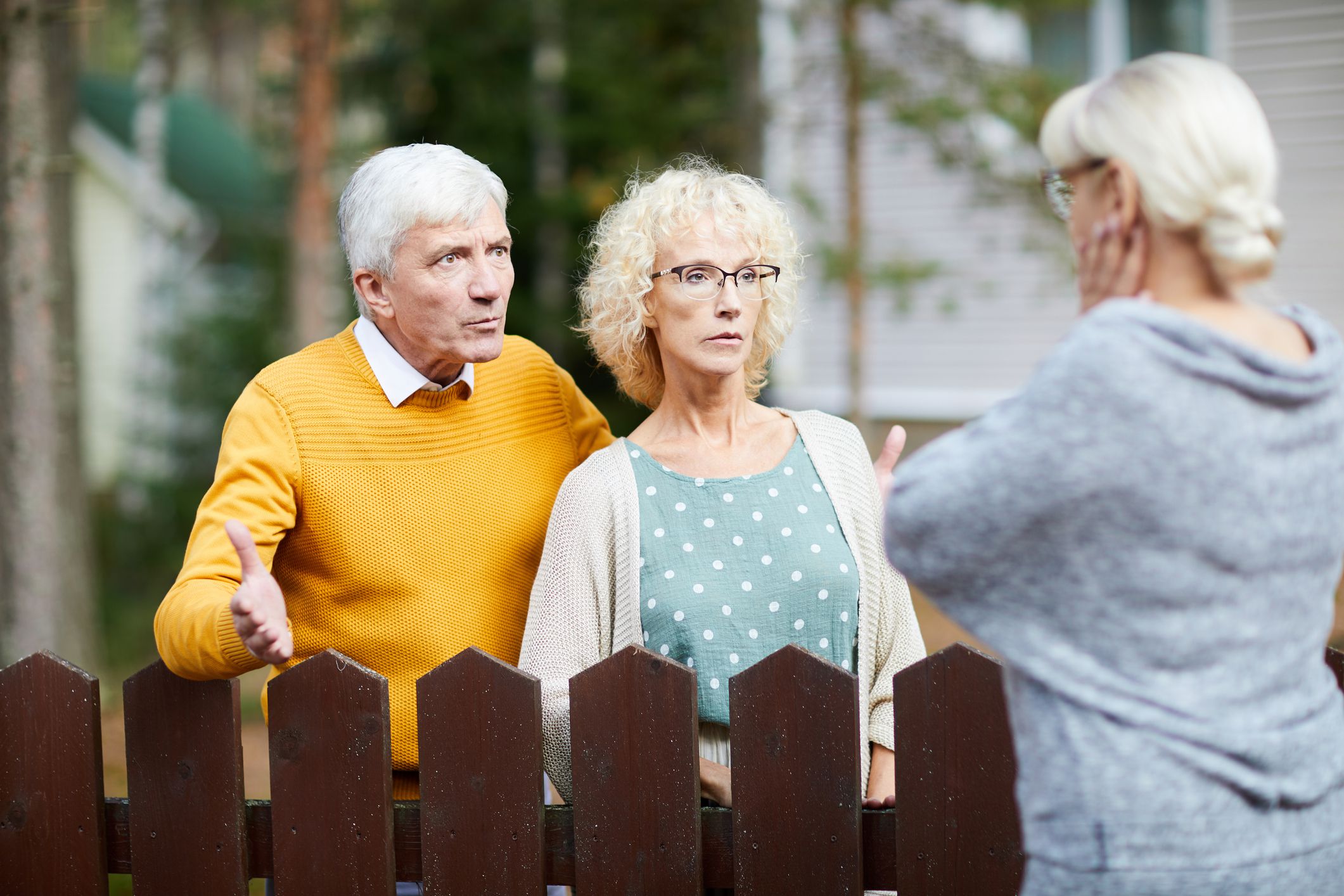
It happens: A couple spends hundreds of thousands to buy a second home they were sure they wanted. After living there for a few years for a few months at a time, it becomes a burden — perhaps they don’t like their neighbors, or the house has structural flaws too expensive to fix. It can be a money loser and an enormous emotional burden to turn around and sell a house that didn’t live up to expectations.
You May Feel Obligated to Fly South
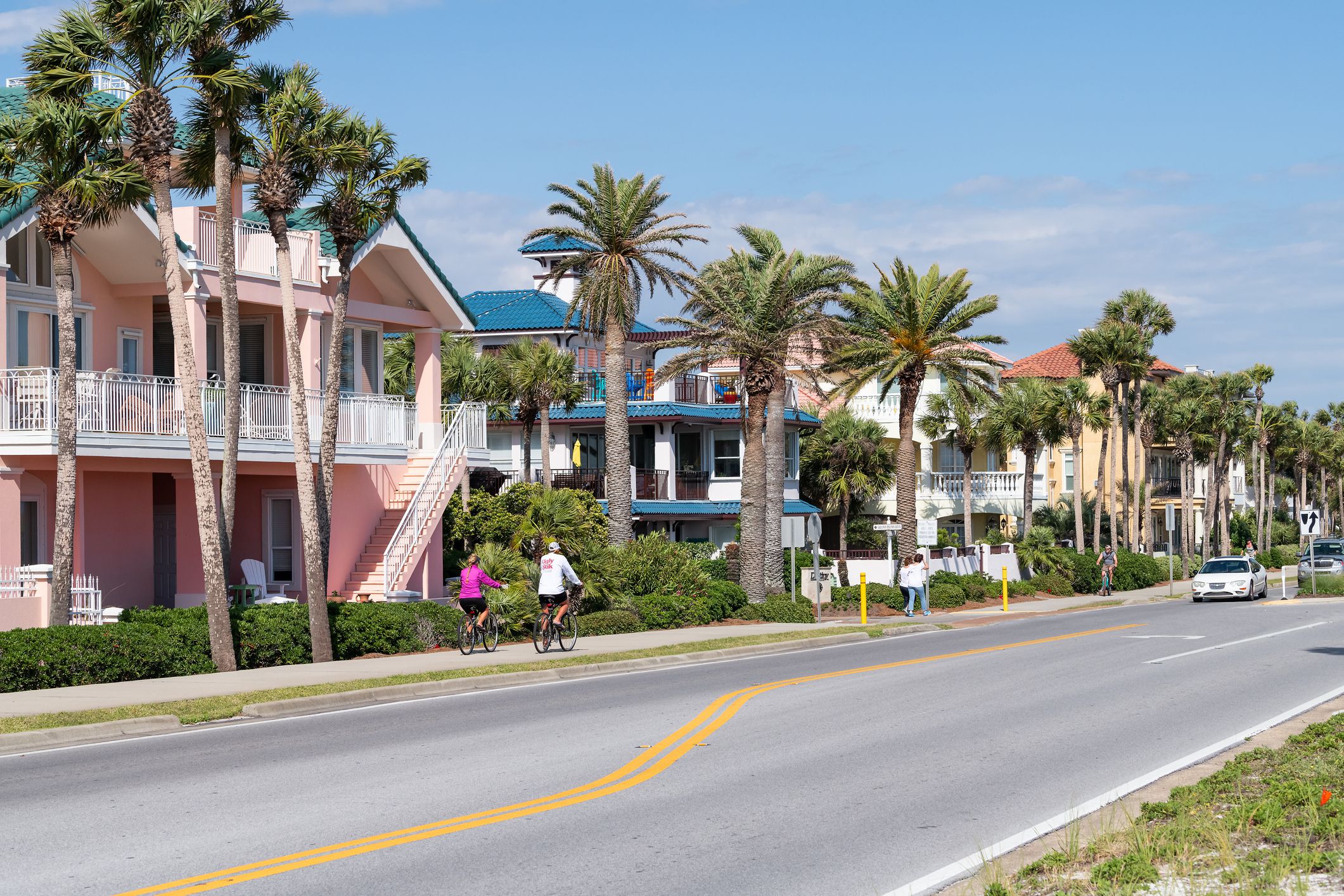
It might be hard to get away as much as you wanted or expected as a snowbird. This can make a second home feel like a burden you have to visit to get your money’s worth. On the flip side, you may not spend enough time in your current home to keep up with the maintenance and justify other expenses.
It Locks You Down
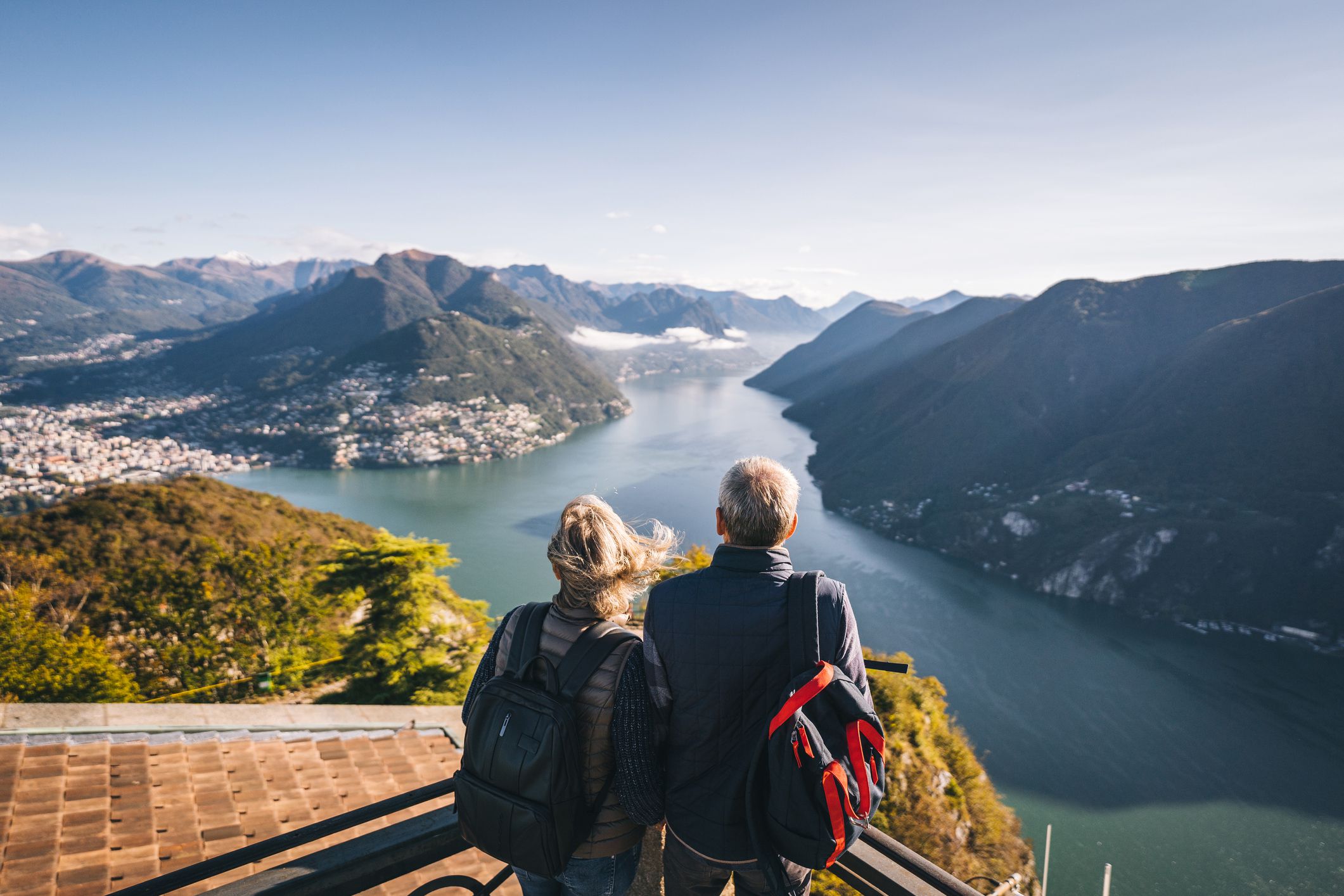
Buying a second home could mean that African safari is no longer an option; you’ll be snowbirding instead. Committing to one spot is a bad move for people who like to get up and go somewhere else when the mood hits but don’t have a bottomless budget.
You’ll Get Smacked by Inflation

Expenses associated with maintaining a house typically go up 3% a year, but it’s more during periods of high inflation. The rate of inflation through March for the previous 12 months was 8.5%, according to the U.S. Department of Labor. It’s important to factor in current financial conditions when making plans to sink a bunch of money into a new house.
It May Be a Bad Investment
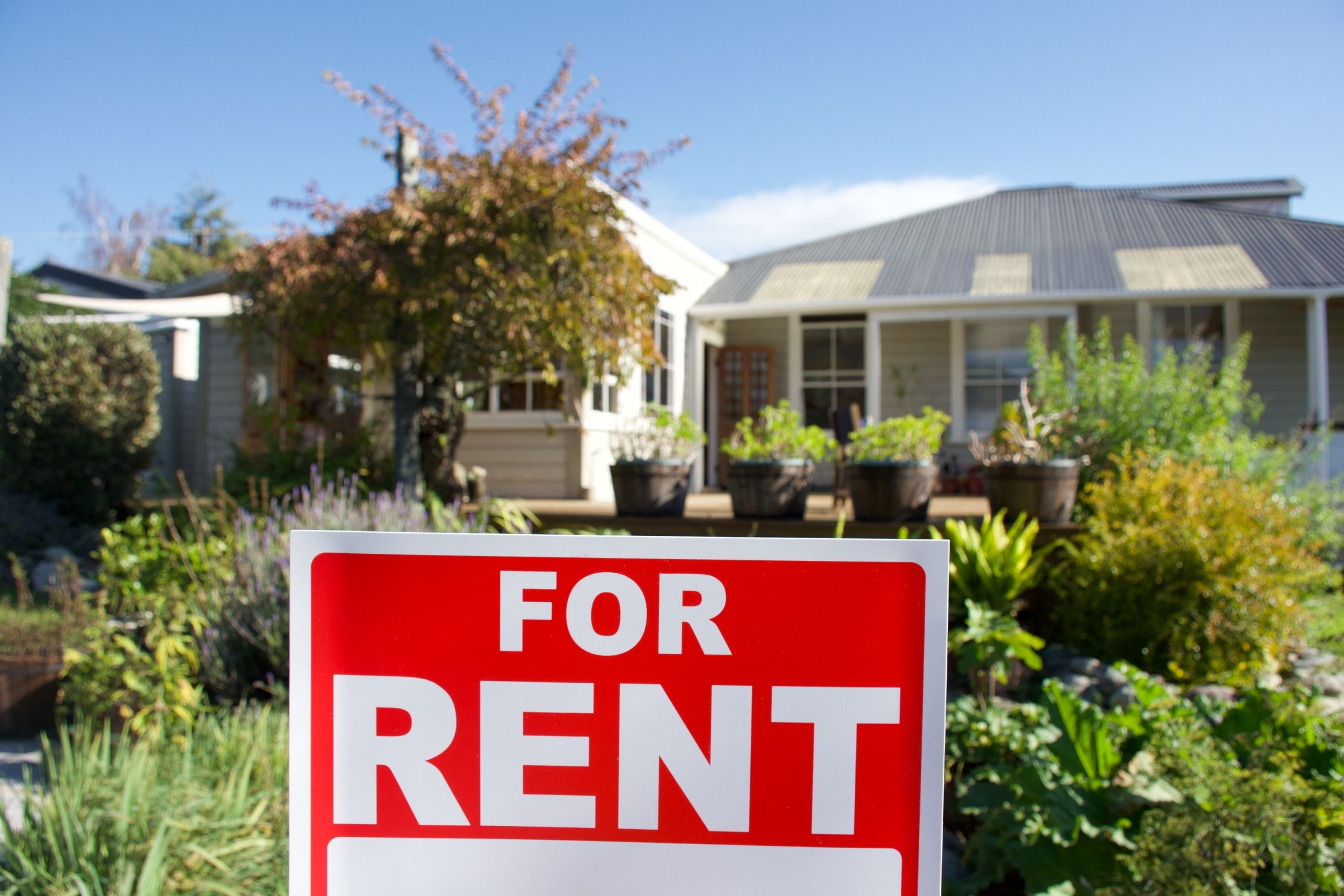
Despite conventional wisdom backing homeownership, the money used for a mortgage, property taxes, and upkeep may well be better spent in some relatively safe investments — or on enjoying your retirement. Especially if you’re not sure you’ll hang onto a vacation home for many years, consider renting instead of buying.
It’s Double the Hassle
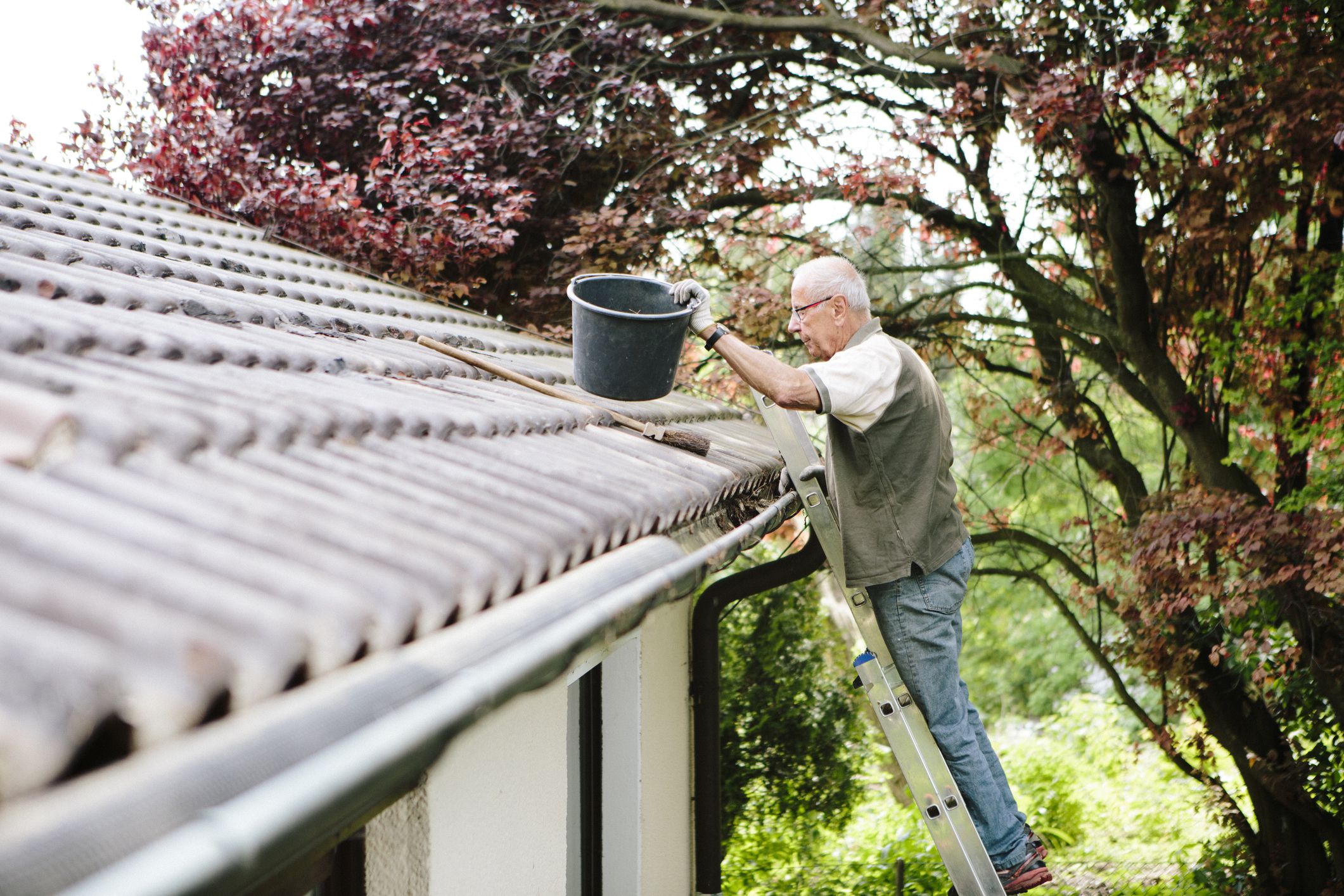
Owning one home comes with its own set of challenges. Daily maintenance, paying property taxes, long-term maintenance, and maybe keeping up with the neighbors is enough of an emotional and psychological commitment for most people. Why double that sort of stress when you could just rent a house or a condo during the winter months? It’s easier and offers more flexibility.
